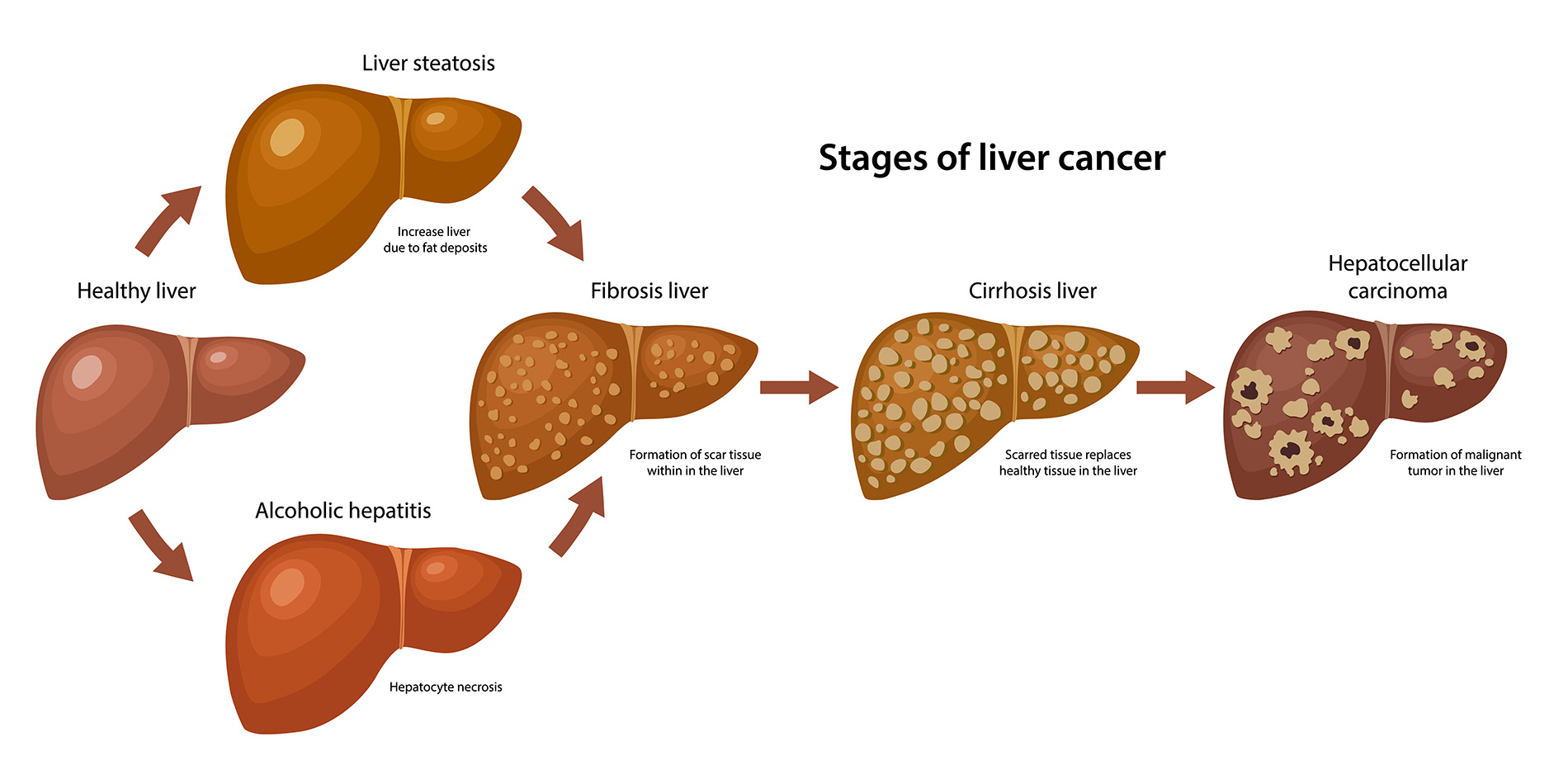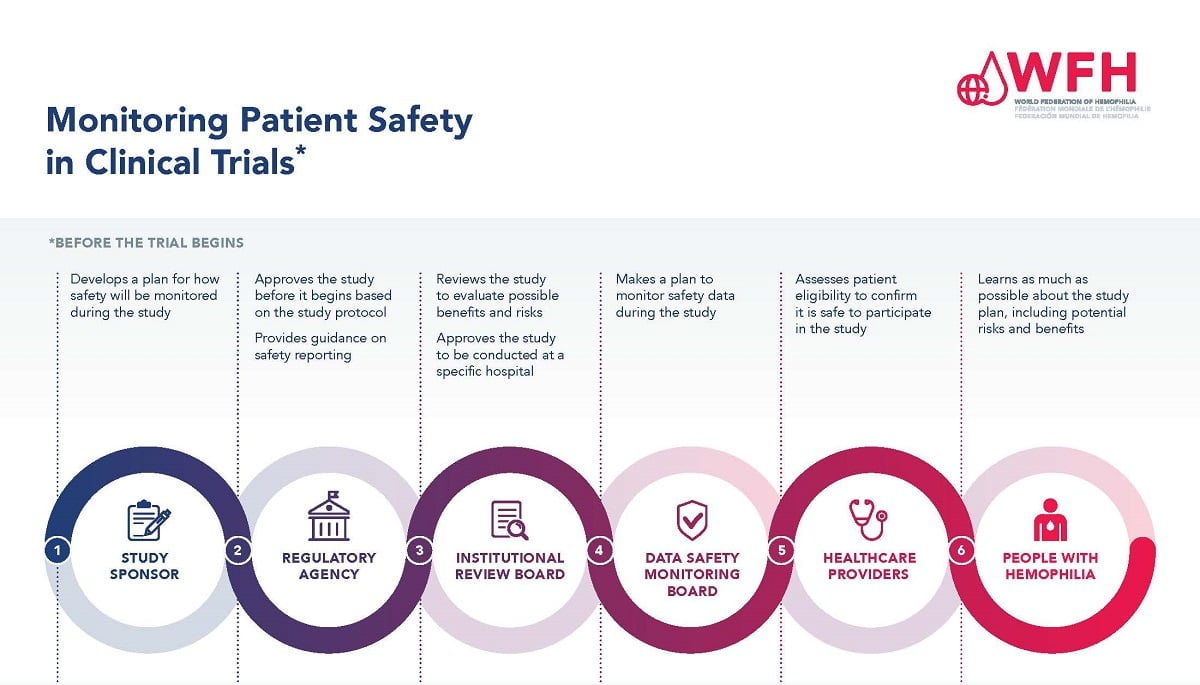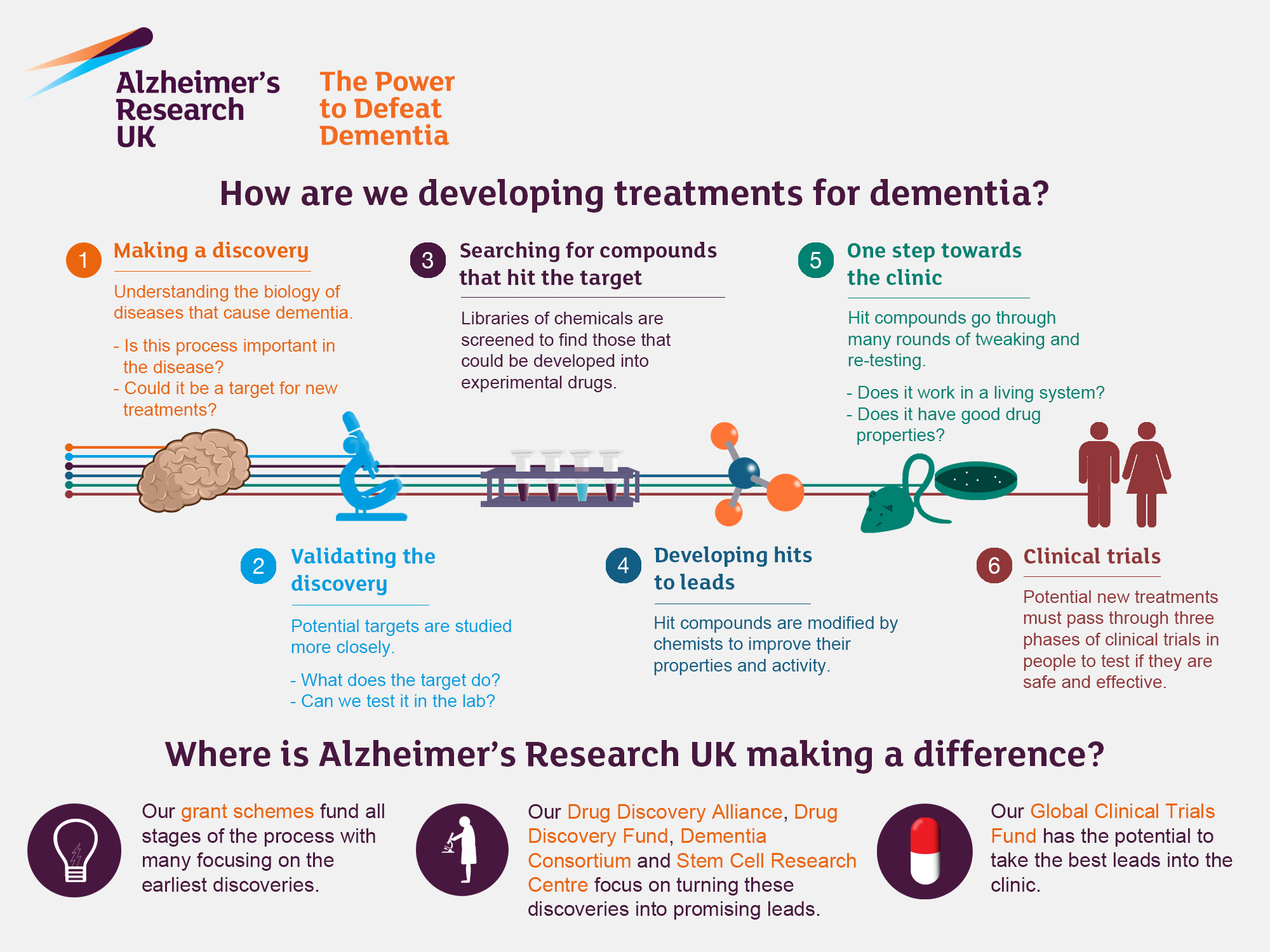Self-deprecating humor is a powerful tool that allows individuals to take life less seriously while promoting mental health. At its core, this unique form of humor encourages self-awareness and vulnerability, helping to create connections with others through laughter. When people engage in self-deprecating humor, they highlight their flaws and imperfections, reminding us that nobody is perfect and that embracing our quirks can lead to deeper, more meaningful interactions. This light-hearted approach not only fosters a sense of community but also serves as a reminder of the health benefits of humor, particularly in reducing anxiety and depression. By learning to laugh at ourselves, we can break the cycle of negativity and nurture a more positive mindset, making self-deprecating humor an invaluable ally in our journey towards better mental health.
In the realm of comedy, there exists a style that allows individuals to humorously critique themselves, often referred to as self-mocking humor or playful self-criticism. This approach involves acknowledging one’s own shortcomings in a light-hearted manner, which can serve to diffuse tension and create a relatable atmosphere. By adopting this humorous perspective, people not only showcase their humility but also develop a sense of emotional resilience, reinforcing connections with others. Such humor is particularly beneficial across various cultures, promoting a shared understanding and acceptance of personal vulnerabilities. Ultimately, embracing this playful self-critique not only improves interpersonal relationships but also supports overall mental well-being.
The Positive Effects of Humor on Mental Health
Incorporating humor into our daily lives can have a profoundly positive impact on mental health. Research consistently shows that laughter not only alleviates stress but also fosters a sense of connection among individuals. When we share a laugh, we tap into a universal language that breaks down barriers and creates bonds, contributing to emotional well-being. The benefits of humor are far-reaching, enhancing self-awareness and making it easier for individuals to express their thoughts and feelings without fear of judgment.
Additionally, humor can act as a preventive measure against anxiety and depression. Clinicians like Dr. Natalie Dattilo utilize laughter as a therapeutic tool, illustrating how humor can change the narrative of a situation. Whether it’s through self-deprecating humor or light-hearted jesting, incorporating a humorous perspective can lighten the burdens we carry, enabling better emotional regulation. By consciously taking life less seriously, individuals can counteract feelings of hopelessness and promote a more optimistic outlook on life.
How Self-Depricating Humor Enhances Self-Awareness
Self-deprecating humor serves as a unique mechanism for enhancing self-awareness—an essential ingredient in personal growth. When individuals use self-deprecating humor, they display a level of humility and an understanding of their vulnerabilities. This approach allows individuals not only to acknowledge their flaws but also to celebrate their humanity. It demonstrates resilience and a willingness to embrace shortcomings, cultivating an environment where others feel encouraged to do the same. This sense of openness can lead to deeper connections and healthier social interactions.
Moreover, the use of self-deprecating humor can be a double-edged sword. While it can promote laughter and relatability, it’s critical to discern when humor crosses into self-criticism. A remark like ‘I’m a total mom fail’ might elicit chuckles, but if it stems from a place of low self-esteem, it could backfire. Striking a balance is crucial; the aim is to lighten the mood without creating a narrative of self-doubt. Ultimately, individuals accustomed to laughing at their own mishaps exhibit confidence and self-acceptance, establishing a healthy approach to self-reflection.
The Importance of Not Taking Life Too Seriously
Learning to take life less seriously can significantly enhance one’s overall well-being. In today’s fast-paced society, it’s easy to become overwhelmed and lose perspective, leading to a negative feedback loop that can jeopardize mental health. By consciously choosing to lighten up, individuals can reduce anxiety and improve their emotional resilience. Humorous perspectives on difficult situations can relieve tension and remind us that perfection is unattainable—something everyone grapples with. Embracing laughter helps foster a sense of community that can ease isolation and strengthen relationships.
Furthermore, the practice of not taking ourselves too seriously cultivates a healthier way of dealing with conflicts and misunderstandings. When faced with disagreements, introducing humor can shift the dynamics from confrontation to conversation. It opens pathways for dialogue, allowing us to connect over shared human experiences. Through this lens, we can see challenges as opportunities for growth, rather than as insurmountable obstacles. Taking life less seriously is not about dismissing our responsibilities; rather, it’s an invitation to find joy in our imperfections and the unexpected twists of life.
Finding Unintentional Humor in Everyday Life
Everyday life is ripe with opportunities for humor if we choose to view it through a lighter lens. From awkward social blunders to minor mishaps, recognizing the comedic elements in our daily routines can transform mundane experiences into moments of joy. For instance, spilling coffee on oneself might lead to a moment of frustration, but if we can laugh at our own clumsiness, it might provide a refreshing perspective and diffuse irritation. Such moments invite a sense of camaraderie among friends and family, allowing us to relate on a deeper level.
Moreover, approaching life with a sense of humor fosters resilience. When we can laugh at ourselves, we build a buffer against life’s challenges. The irony of our imperfect human condition often sparks spontaneous humor that lightens heavy moments. Understanding that we are all navigating a similar path allows us to embrace our vulnerabilities and a little self-mockery, connecting us to others who share similar struggles. Therefore, opting to find humor in daily mishaps can be a profound way to cultivate resilience and social bonds.
The Cultural Role of Humor
Humor serves different roles across cultures, highlighting unique social dynamics and collective identities. In individualistic cultures like those typically found in the West, self-deprecating humor is prevalent, as it emphasizes relatability and humanizes individuals by exposing their flaws and vulnerabilities. This allows people to connect and bond over shared laughter, fostering a sense of community amidst individuality. The lighthearted approach to personal shortcomings promotes a holistic view of human experience—allowing us to embrace our mess-ups as part of what it means to be human.
In contrast, collectivist cultures often engage in humor that pokes fun at one another, serving to strengthen group bonds rather than focusing on individual vulnerabilities. This form of humor can reflect social cohesion and shared experiences and is often employed in a spirited, good-natured manner. Understanding these cultural nuances not only enhances our appreciation of humor across various contexts but also raises our collective awareness of how humor can bridge cultural divides, promoting connection and harmony in diverse environments.
Using Humor to Foster Emotional Regulation
Humor plays a critical role in fostering emotional regulation, especially in challenging situations. By choosing to introduce laughter during difficult times, we can shift the emotional atmosphere from one of tension or sadness to one of relief and connectedness. This shift is vital for emotional health, allowing individuals to process experiences without becoming consumed by negativity. For instance, when someone shares a humorous anecdote in a tense meeting, it can instantly change the mood, enabling everyone to relax and re-engage with the conversation.
Moreover, humor also encourages resilience when facing adversity. By reframing problems in a light-hearted manner, we can reduce stress and gain perspective on our circumstances. This transformation allows us to address issues with a clearer mind and a more positive attitude. Sharing laughter fosters connections and can serve as an important outlet for the release of pent-up emotions, ultimately enhancing our ability to manage difficulties with grace.
The Connection Between Humor and Social Bonds
Humor is a powerful tool for creating and strengthening social bonds. When people share a laugh, they release endorphins that promote feelings of closeness and connection. This biological response highlights the importance of humor in establishing camaraderie and breaking down social barriers. In social settings, a well-timed joke can transform a group of strangers into friends, as it fosters an environment of acceptance and shared understanding.
Furthermore, humor serves as a social lubricant in various interactions, easing awkwardness and diffusing tension. Whether in professional environments or casual gatherings, incorporating humor into interactions makes communication more effective and enjoyable. By showcasing our humorous side, we invite others to share in our experiences, creating connections rooted in shared laughter and understanding, which ultimately enhances community well-being.
Cultivating a Humorous Perspective on Life
Cultivating a humorous perspective on life is an intentional practice that requires mindfulness and self-reflection. By choosing to see the lighter side of challenging situations, we can shift our mentality from one of stress to one of humor and appreciation for life’s unpredictability. This doesn’t mean ignoring challenges but embracing them as opportunities to grow, learn, and connect with others. Engaging in regular self-assessment to recognize our own comedic blunders allows us to celebrate our imperfections, leading to greater self-acceptance.
Moreover, nurturing a humorous outlook encourages us to seek joy in everyday experiences and interactions. By actively looking for the humor around us, we become more adaptable and resilient in the face of adversity. Sharing these moments of joy with others reinforces our connections and fosters a community where laughter is valued. Ultimately, approaching life with humor not only enriches our personal experiences but also uplifts those around us, creating a more vibrant, supportive environment for everyone.
The Therapeutic Power of Laughter
Laughter has substantial therapeutic benefits, influencing both mental health and overall well-being. Many therapists and clinicians recognize the importance of incorporating humor into their practices, using laughter as a tool for connection and healing. When clients see their therapist embracing humor, it reduces the perceived hierarchy in the therapeutic relationship, making sessions more approachable. Humor helps clients feel more at ease, and it can also be a powerful means to navigate difficult discussions related to mental health.
Furthermore, the act of laughing triggers physiological responses that promote relaxation and stress relief. Studies have shown that laughter increases endorphins, which contribute to a feeling of happiness and contentment. This natural response can act as a buffer against anxiety and depressive symptoms, encouraging individuals to approach life’s challenges with a lighter heart. By recognizing the therapeutic power of laughter, we can prioritize humor as a key component of self-care and emotional well-being.
Frequently Asked Questions
What are the benefits of self-deprecating humor for mental health?
Self-deprecating humor offers several mental health benefits, including reducing anxiety and promoting emotional regulation. By taking ourselves less seriously, we create a sense of safety that can help manage stress. This humor fosters self-awareness, allowing us to acknowledge our flaws without harsh self-criticism. When we laugh at our own imperfections, we often feel more connected and relatable to others, enhancing our social interactions and overall well-being.
How can self-awareness enhance the effectiveness of self-deprecating humor?
Self-awareness is crucial for effectively using self-deprecating humor. It involves recognizing our own strengths and weaknesses while embracing imperfections. When individuals are self-aware, they can use humor to diffuse tense situations and create relatability without crossing the line into self-criticism. This balance allows for healthy expressions of humor that can foster connection and joy, highlighting the importance of not taking life too seriously.
What is the role of humor in improving mental health?
Humor plays a significant role in improving mental health by providing a coping mechanism for stress and anxiety. It can act as a form of emotional release, helping individuals to see challenges from a lighter perspective. Additionally, laughter stimulates the production of endorphins, which can uplift mood. Incorporating self-deprecating humor allows people to acknowledge their faults with a smile, leading to greater resilience and emotional balance.
How does taking yourself less seriously benefit social interactions?
Taking yourself less seriously can greatly enhance social interactions by making you more approachable and relatable. Self-deprecating humor signals vulnerability and humility, traits that many people find likable. This openness fosters connection and eases tension, making it easier to relate to others. In group settings, sharing a laugh over shared imperfections can unify individuals, breaking down barriers and fostering a sense of community.
Can self-deprecating humor ever be harmful?
While self-deprecating humor can be beneficial, it can also be harmful if it stems from extreme self-criticism or low self-esteem. When individuals use humor to mask deeper insecurities, it may lead to receiving sympathy instead of the desired laughter. The key is to ensure that humor is light-hearted and not a way to seek attention or validation. Healthy self-deprecating humor should promote confidence, rather than reinforce negative self-beliefs.
Why is self-deprecating humor more common in individualistic cultures?
Self-deprecating humor is often more prevalent in individualistic cultures, as it emphasizes personal experiences and relatability. In these cultures, acknowledging one’s flaws can enhance approachability and foster connections. This contrasts with collectivist cultures, where humor may be directed at others to strengthen community bonds. Individualistic societies value openness and vulnerability, making self-deprecating humor a tool for social bonding and emotional expression.
How can I practice self-deprecating humor in my daily life?
To practice self-deprecating humor, start by acknowledging your quirks and mistakes in a light-hearted way. Share relatable anecdotes that highlight your imperfections without harsh judgment. It’s important to keep the tone playful and avoid harsh self-criticism. Use humor as a tool to connect with others, and allow yourself to laugh along with them. This approach not only lightens the mood but helps you embrace your true self without taking life too seriously.
| Key Points |
|---|
| Self-deprecating humor has health and social benefits. |
| It is a way to not take yourself too seriously. |
| Can facilitate emotional regulation and clarity. |
| Signals self-confidence and vulnerability. |
| Care must be taken to avoid extreme self-criticism. |
| Common in individualistic cultures, fostering relatability. |
| Can create connections through shared humor in disagreements. |
Summary
Let’s face it, if I took myself any less seriously, I might just float away like a balloon at a poorly executed birthday party. But truly, learning to embrace self-deprecating humor is not just a way to lighten the mood; it’s a vital tool for improving our mental health and social interactions. By acknowledging our flaws with a wink and a chuckle, we cultivate a sense of connection with others while simultaneously easing the burdens of stress and anxiety. So, let’s laugh at ourselves a little more; after all, who doesn’t love a good joke – even when it’s at our own expense?



